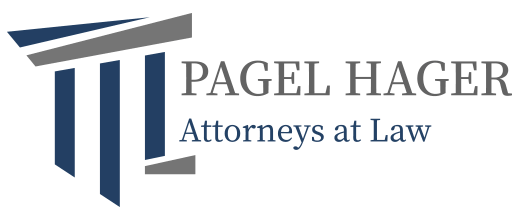Most drivers instinctively give big trucks as much space as possible. The very design of an 18-wheeler makes it multiple times heavier and longer than the average vehicle, as well as substantially taller and wider.
Drivers can have a hard time controlling commercial vehicles, especially when they need to stop or maneuver rapidly because of changing road conditions. Those who drive commercial vehicles for a living have extra training and have to maintain a commercial driver’s license, which generally means they have the necessary skill to safely handle their massive vehicles.
However, sometimes commercial vehicles cause crashes that have severe consequences for smaller passenger vehicles involved. The claims process after a commercial crash can be particularly challenging. What differences that distinguish commercial collisions can complicate the claim process?
Major injuries and complex coverage to unravel
The difference in size between vehicles often means that the commercial vehicle and its occupants are relatively unaffected while the smaller vehicle and its occupied may experience permanent consequences from the crash. A spinal cord injury, amputation or brain injury might leave someone with hundreds of thousands of dollars in lifetime expenses.
Unlike the average passenger vehicle insurance policy, the chances are good that the commercial vehicle will have a six or seven-figure policy on it. When losses are high and so is insurance coverage, the negotiation process can often become intense. The average person, especially someone struggling through medical recovery from an injury, will have a hard time handling an insurance claim after a crash with a commercial vehicle.
Fault can be unclear
If the commercial driver was under the influence of alcohol at the time of the crash, then it will be very obvious that they are to blame for the wreck. However, there are numerous scenarios in which the fault could fall partially on the driver and also partially on their employer.
Maybe they fell asleep at the wheel because of unreasonable scheduling demands. Perhaps they lost control of the vehicle because of maintenance issues. Those hoping to bring a claim after a commercial crash need a clear understanding of who is to blame.
Especially when it may be necessary to pursue a personal injury lawsuit in addition to an insurance claim, determining how to allocate fault for the crash and who to hold liable in civil court can be quite challenging. Bringing in professional help is often a smart decision for those who have been financially affected by a commercial vehicle crash.
